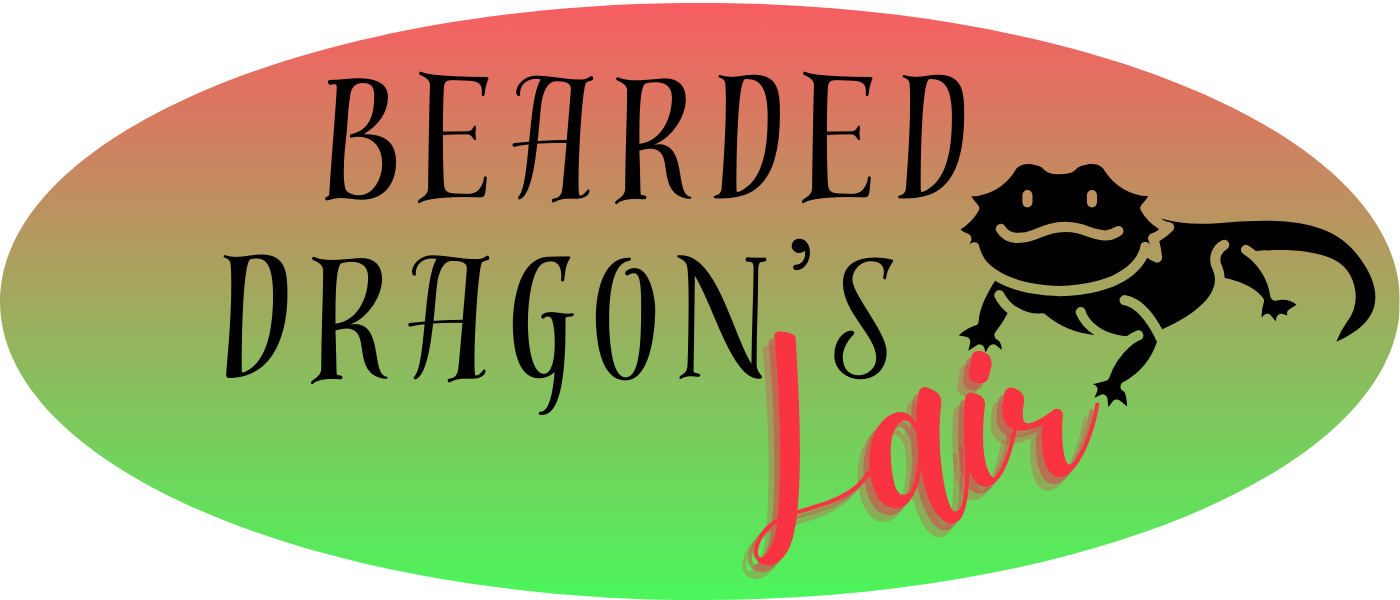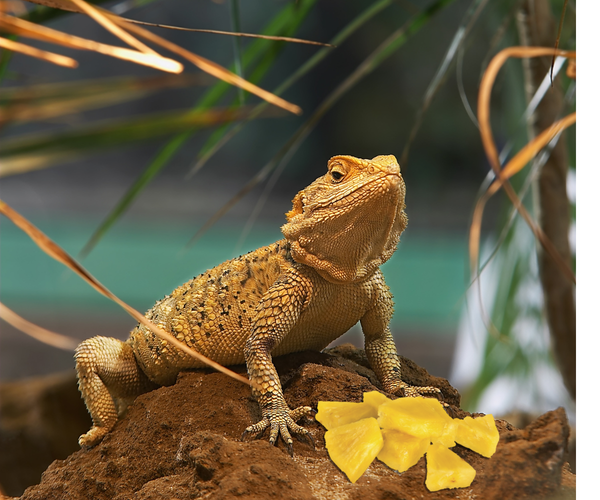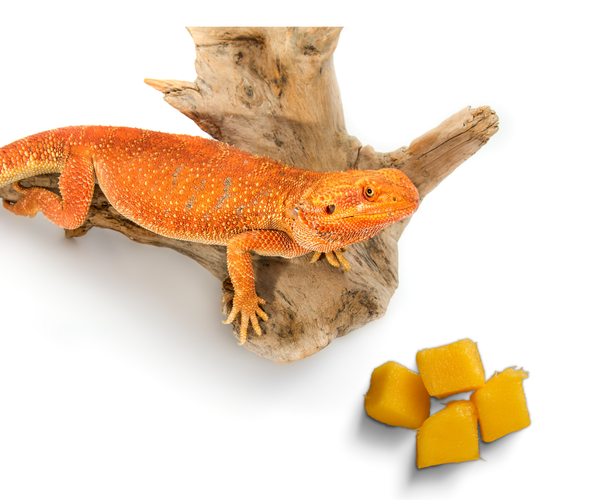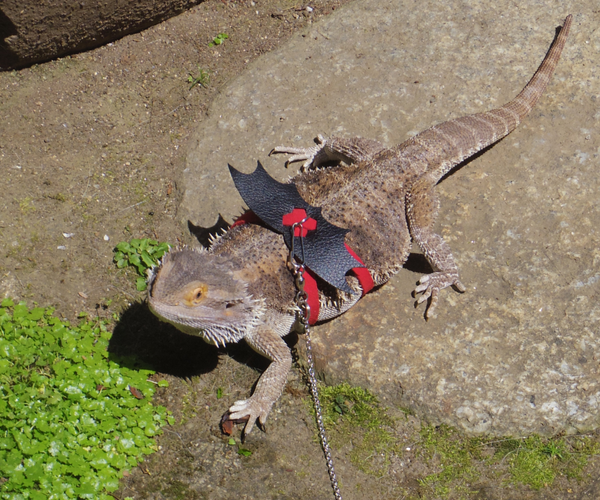Can Bearded Dragons Eat Raspberries?
Fruits are generally considered treats and should only make up a small portion of their overall diet.
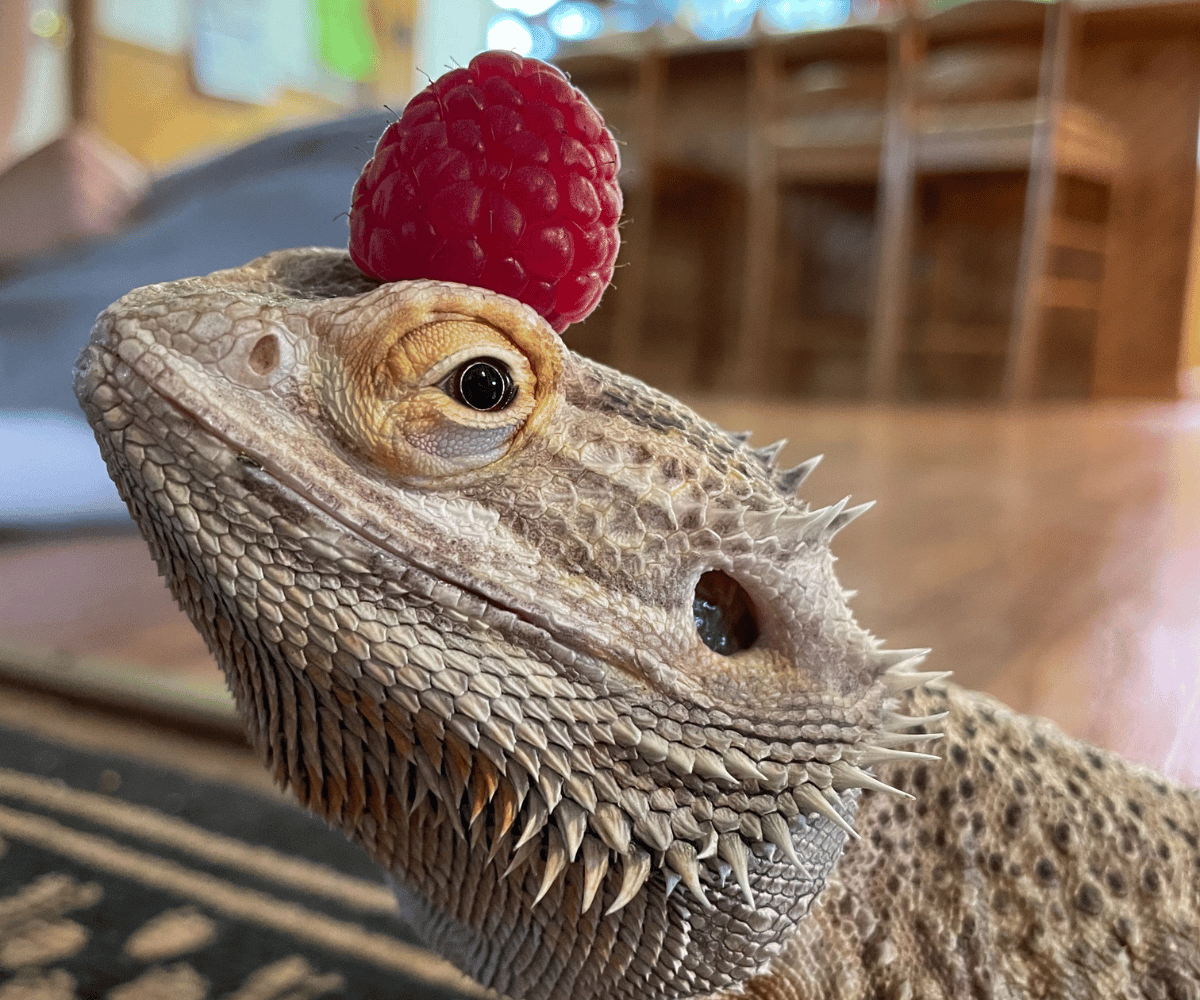
Bearded dragons are popular pets known for their docile nature and unique dietary needs. As omnivores, they require a balanced diet of both plant-based and protein-rich foods. Pet owners often wonder about the variety of fruits and vegetables they can safely introduce to their bearded dragon's diet. Raspberries are a common fruit that raises questions regarding their suitability for these reptiles. This article delves into whether bearded dragons can eat raspberries and how they affect their health.
Key Takeaways:
- Raspberries can be a nutritious treat for bearded dragons when given in moderation.
- It's essential to understand the nutritional content and potential risks of feeding raspberries to bearded dragons.
- Proper preparation and serving size are crucial to ensure the safety and health of your bearded dragon.
Understanding Bearded Dragon Diets
Bearded dragons have specific dietary requirements that must be met to ensure their health and longevity. Their diet typically consists of a combination of insects, such as crickets and mealworms, and a variety of fresh produce. The balance between these two food groups changes as they age, with juveniles needing more protein and adults requiring more greens. Fruits are generally considered treats and should only make up a small portion of their overall diet.
The Nutritional Profile of Raspberries
Raspberries are a low-calorie fruit with a high concentration of vitamins, minerals, and antioxidants. They contain vitamin C, manganese, dietary fiber, and small amounts of other nutrients that can benefit a bearded dragon's health. However, they also contain natural sugars and oxalates, which can be harmful in large quantities. Therefore, understanding the nutritional balance is key when considering raspberries as a treat for your pet.
Frequency and Portion Size
When it comes to feeding raspberries to bearded dragons, moderation is the name of the game. These fruits should not be a staple in their diet but rather an occasional treat. A good rule of thumb is to offer raspberries once every couple of weeks, ensuring that the portion size is small—typically one or two raspberries is sufficient for an adult bearded dragon.
Potential Health Benefits
In moderation, raspberries can offer health benefits to bearded dragons. The vitamin C content can help support their immune system, while the fiber can aid in digestion. Antioxidants present in raspberries can also help combat free radicals, potentially reducing the risk of certain diseases. However, these benefits can only be realized if raspberries are fed as part of a varied and balanced diet.
Risks of Overfeeding Raspberries
Overfeeding raspberries to bearded dragons can lead to health issues. The high sugar content can contribute to obesity and dental problems, while excessive oxalates can bind to calcium and lead to nutrient deficiencies. It's crucial to monitor the amount of fruit your bearded dragon consumes to avoid these potential risks.
Preparing Raspberries for Your Bearded Dragon
Before offering raspberries to your bearded dragon, it's important to prepare them properly. This includes thoroughly washing the fruit to remove any pesticides or contaminants. Cutting the raspberries into smaller pieces can make them easier for your bearded dragon to eat and digest. Always serve raspberries at room temperature to avoid digestive upset.
Alternative Fruits for Bearded Dragons
If you're looking to diversify your bearded dragon's diet with fruits, there are several alternatives to raspberries that are also safe in moderation. These include blueberries, strawberries, and melon. Each fruit has its own set of nutritional benefits and potential risks, so it's important to do your research and introduce new foods slowly.
Understanding the Role of Treats in a Bearded Dragon's Diet
Treats like raspberries should only make up a small portion of a bearded dragon's diet. The bulk of their nutrition should come from leafy greens and appropriate insects. Treats can be used to provide variety and enrichment, but they should not replace the essential components of their daily meals.
Monitoring Your Bearded Dragon's Health
As with any dietary change, it's important to monitor your bearded dragon's health after introducing raspberries or any new food. Keep an eye on their behavior, appetite, and stool to ensure they are digesting the fruit properly. If you notice any adverse reactions, it's best to remove the fruit from their diet and consult with a veterinarian.
When to Consult a Veterinarian
If you're unsure about feeding raspberries to your bearded dragon or if your pet has a pre-existing health condition, it's always best to consult with a veterinarian. They can provide personalized advice based on your bearded dragon's specific needs and health status. A professional can also guide you on the appropriate diet for your pet, ensuring they receive all the necessary nutrients for a healthy life.
Summary
Raspberries can be a tasty and nutritious treat for bearded dragons when given in moderation. They contain beneficial vitamins and antioxidants but also have sugar and oxalates that can be harmful in excess. It's important to feed raspberries infrequently and in small portions, as part of a balanced diet. Always prepare the fruit properly and monitor your pet's health after introducing any new food. If in doubt, seek advice from a veterinarian to ensure the best care for your bearded dragon.
FAQ Section
Q: How often can I feed my bearded dragon raspberries? A: Raspberries should be fed to bearded dragons sparingly, ideally once every couple of weeks as a treat.
Q: Are there any risks associated with feeding raspberries to bearded dragons? A: Yes, overfeeding raspberries can lead to obesity, dental problems, and nutrient deficiencies due to their sugar and oxalate content.
Q: What other fruits are safe for bearded dragons? A: Other safe fruits for bearded dragons include blueberries, strawberries, and melon, but they should also be given in moderation as part of a varied diet.
